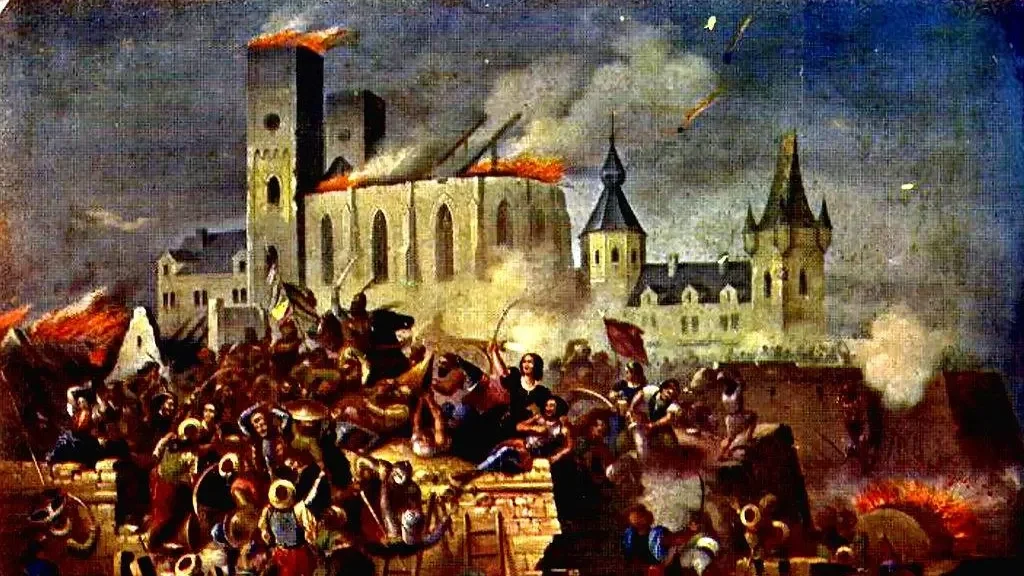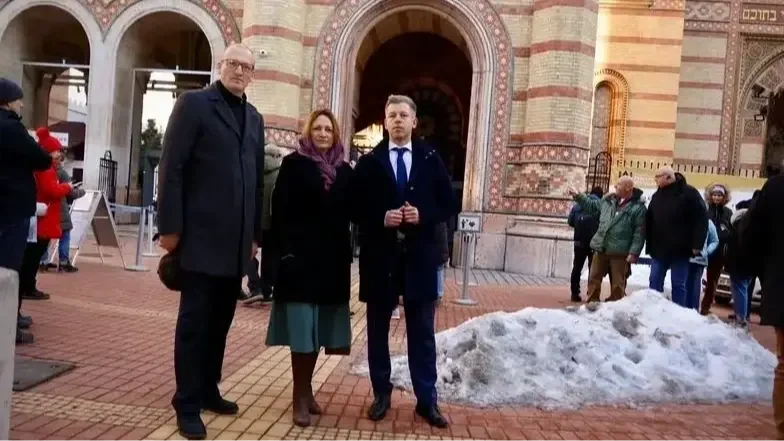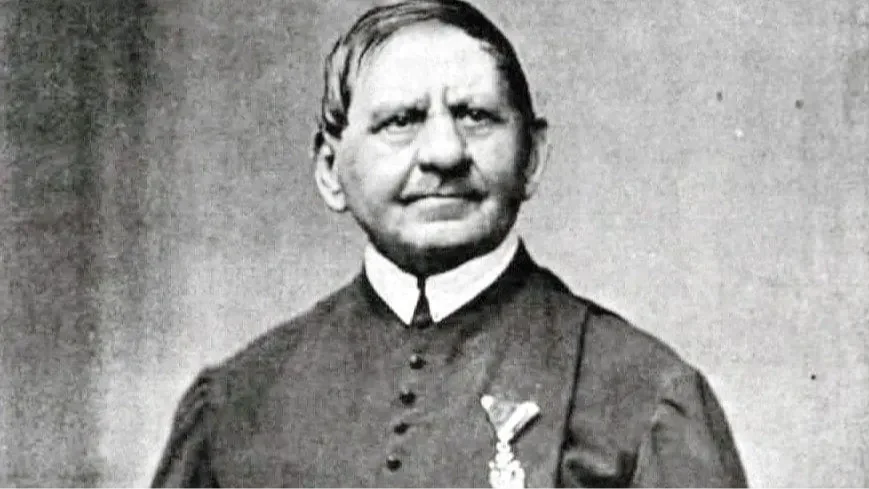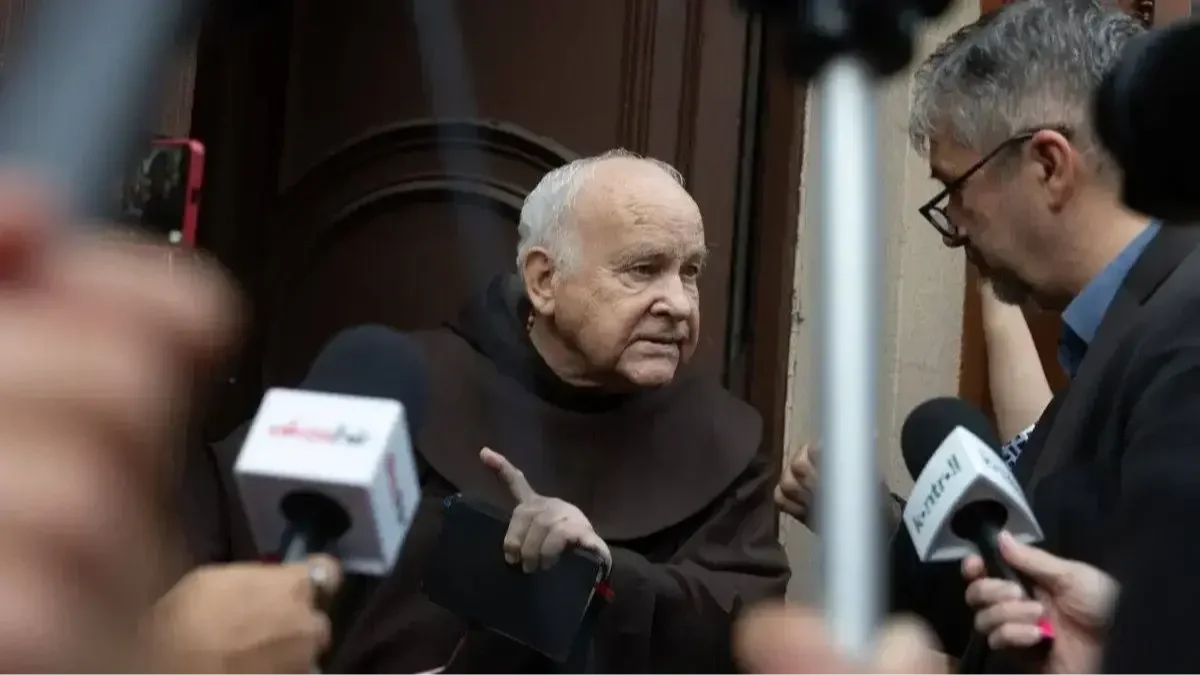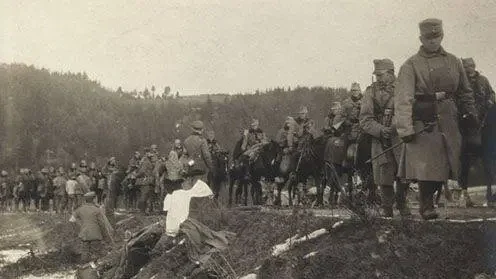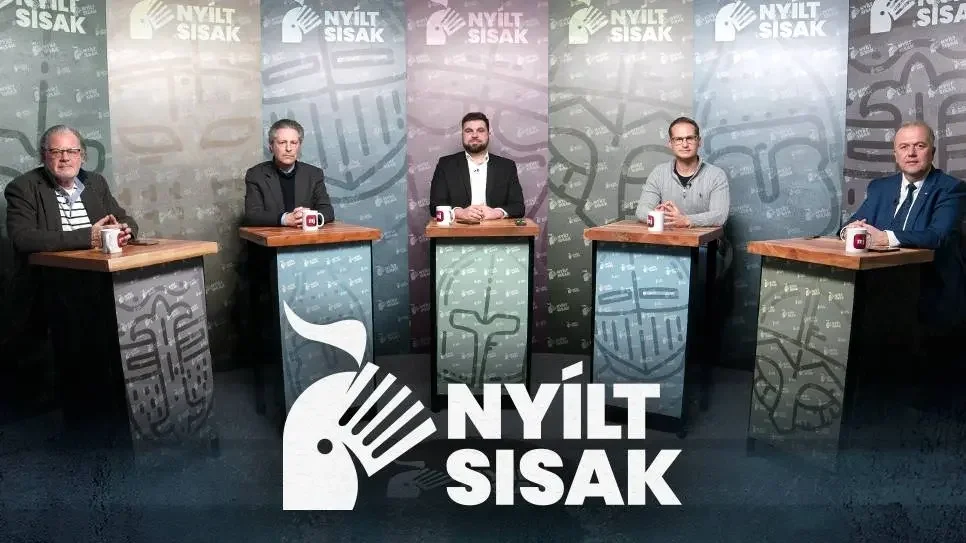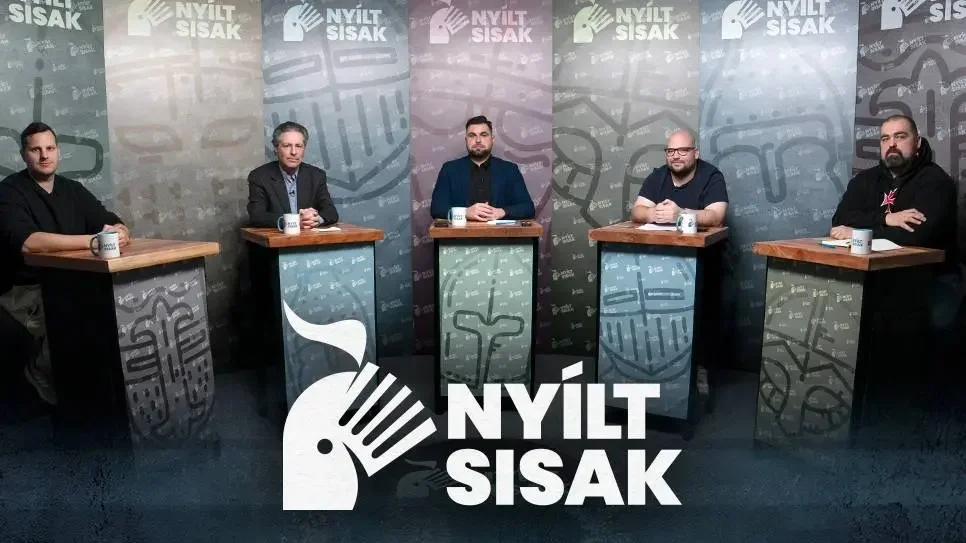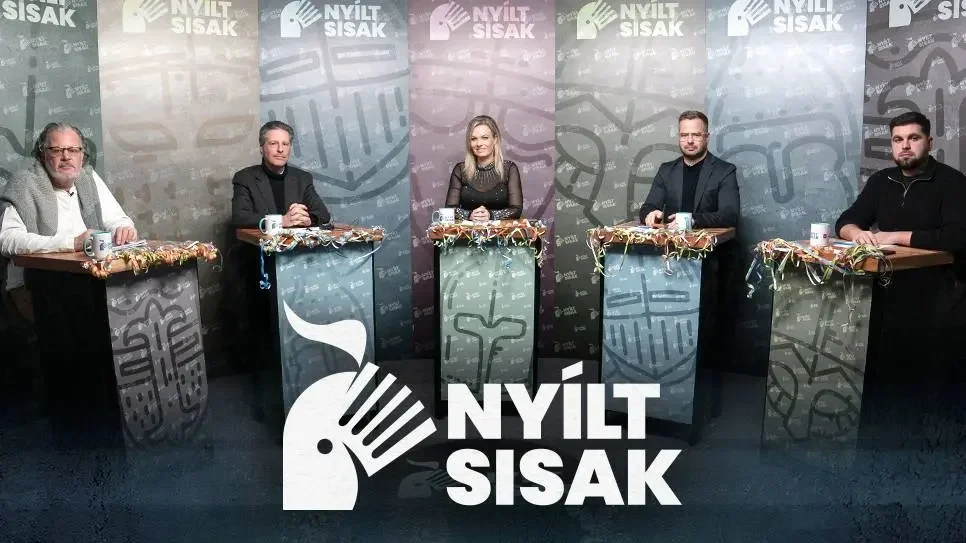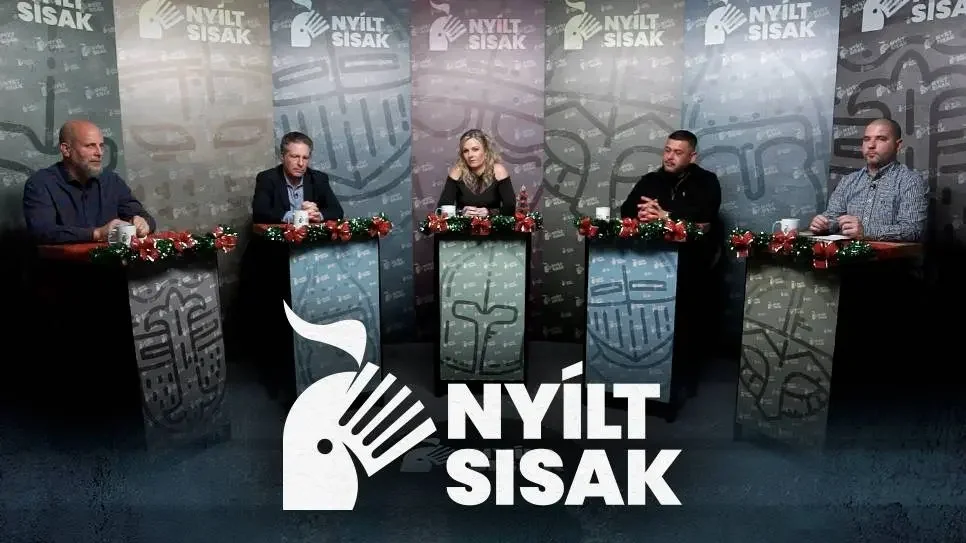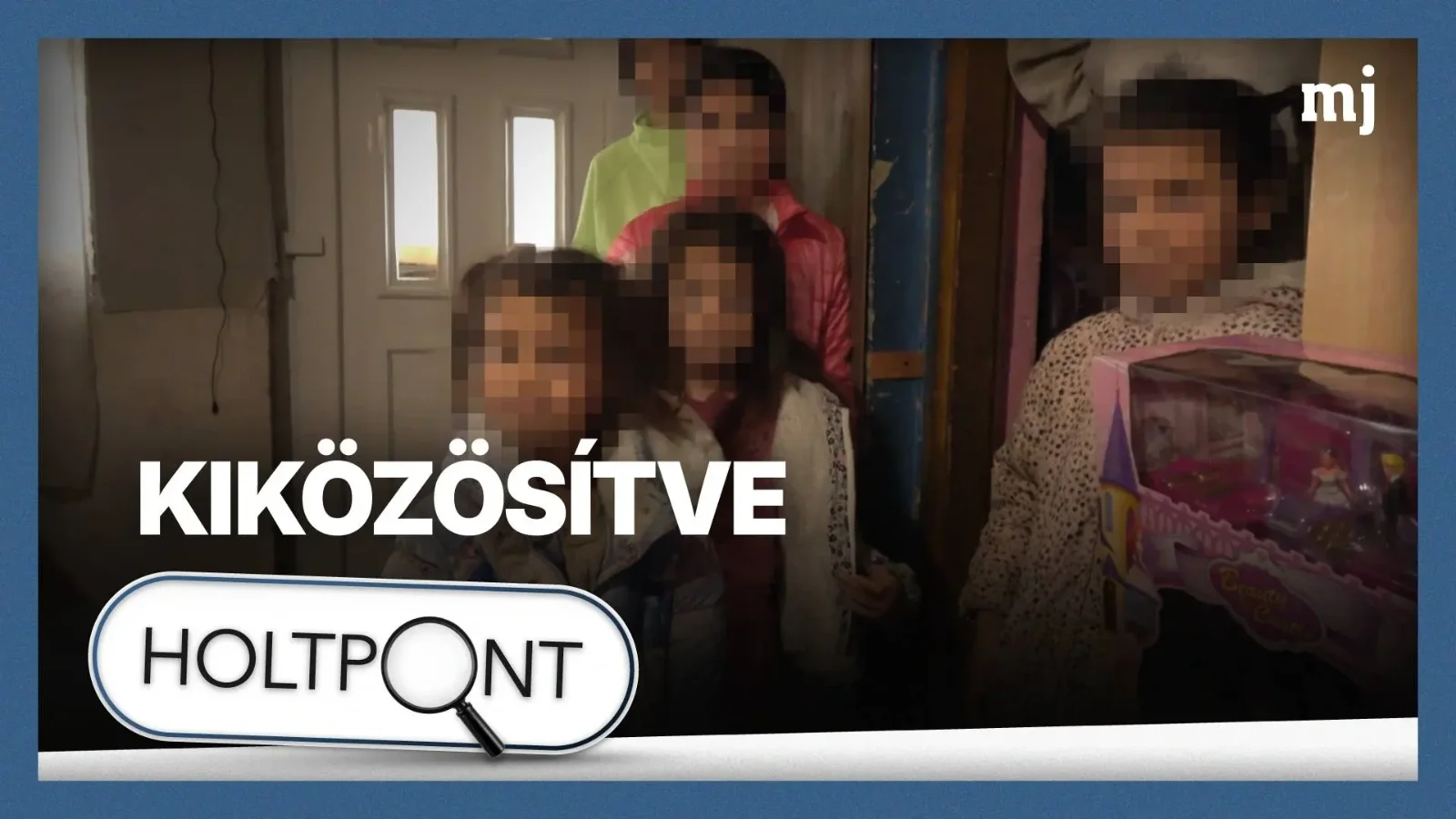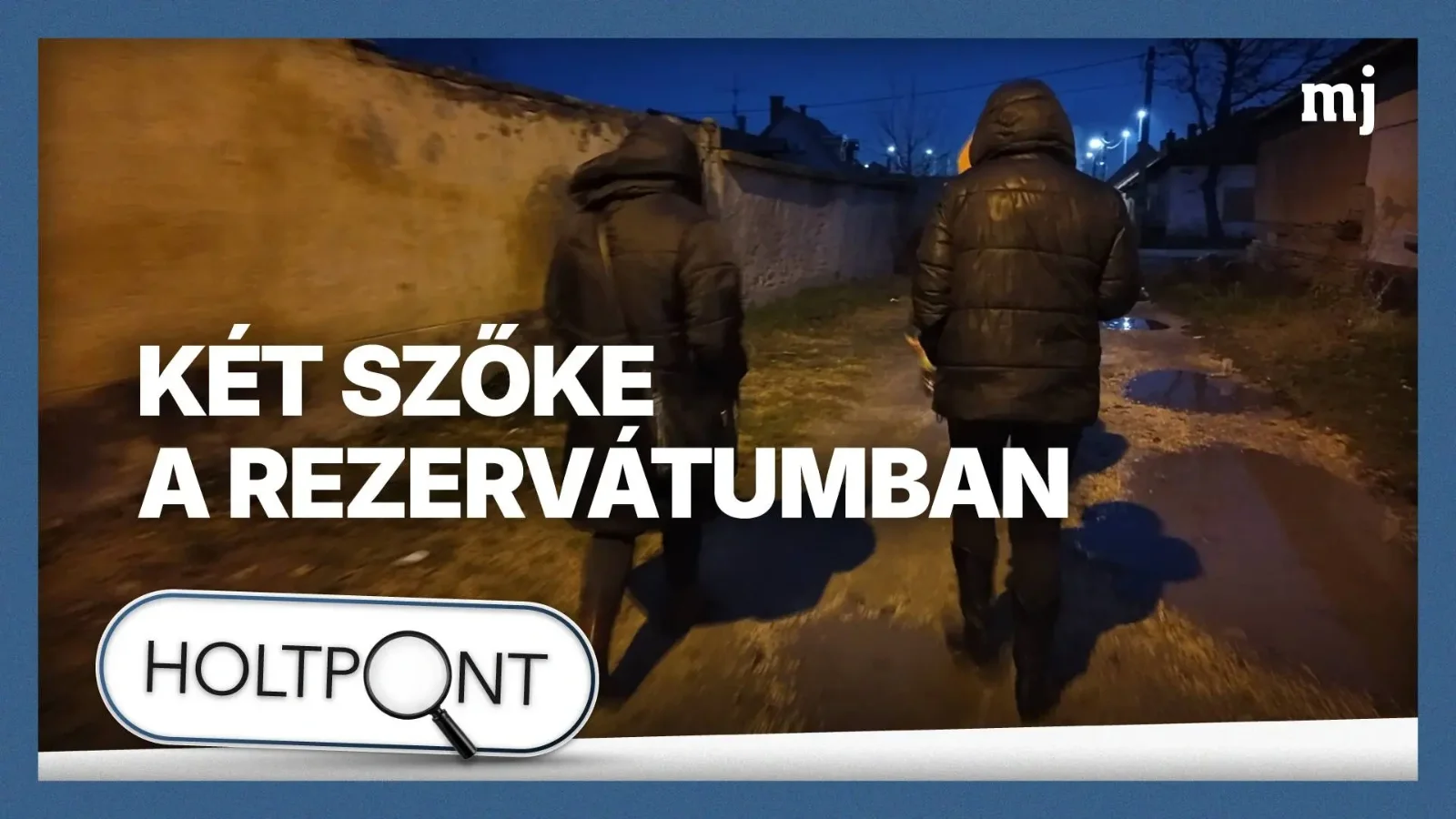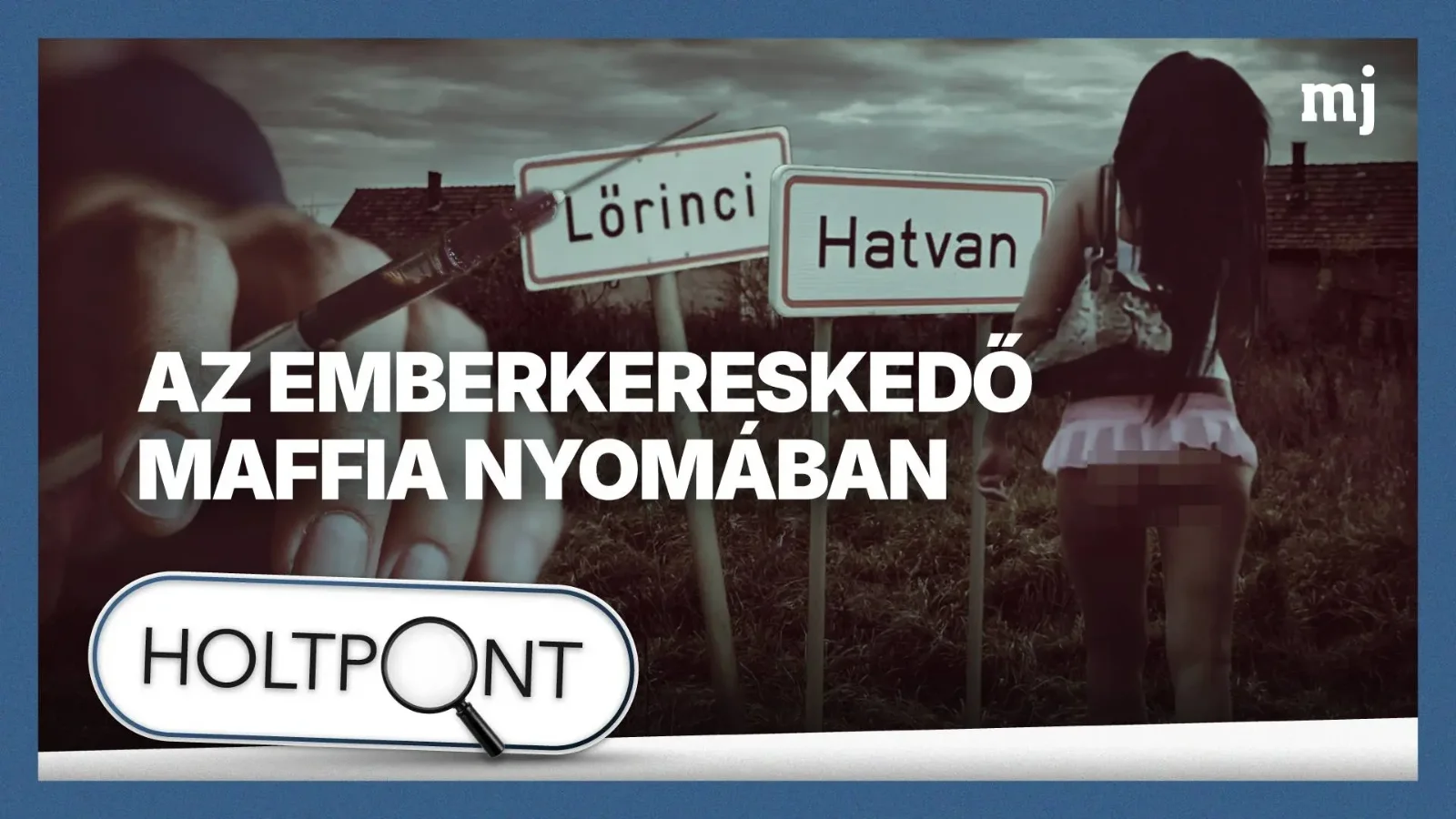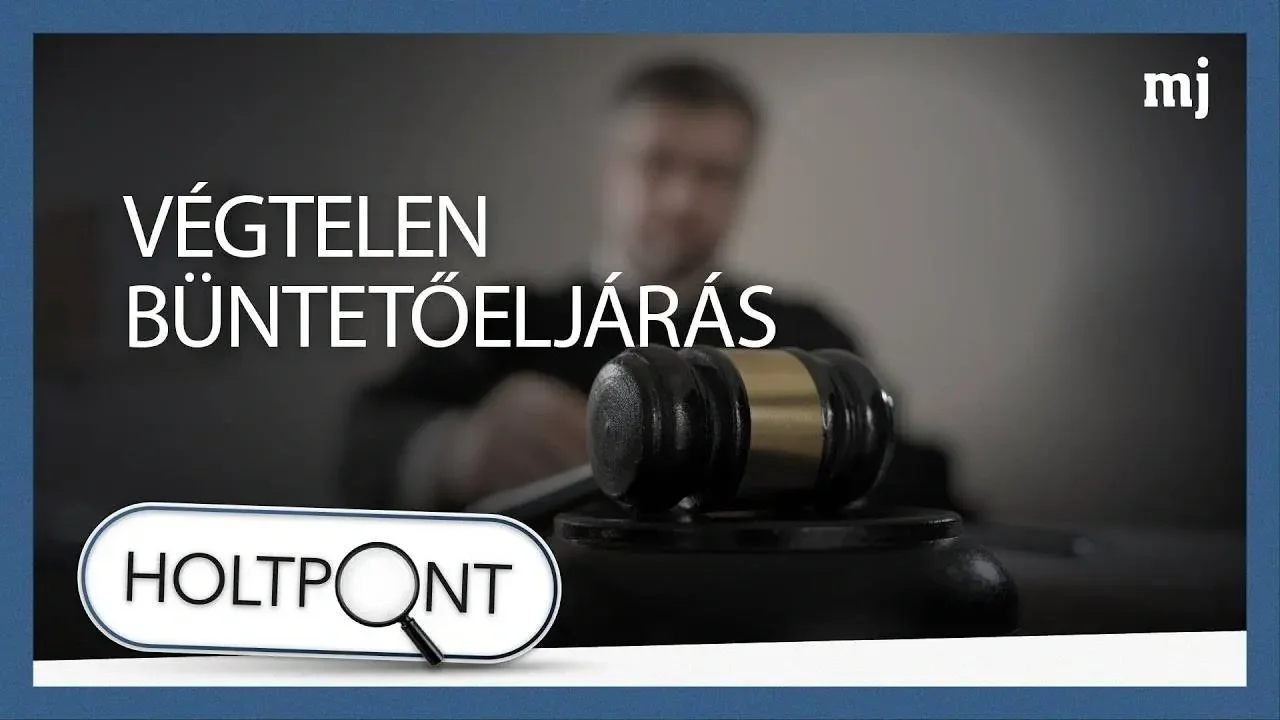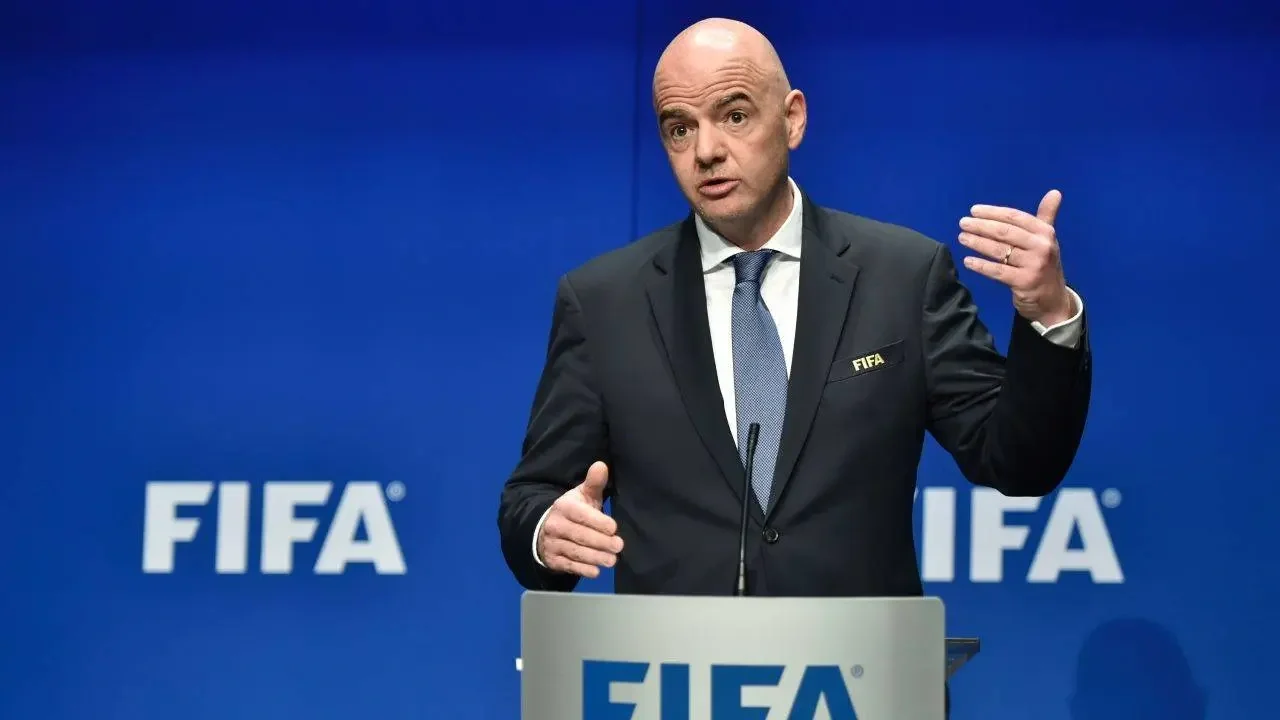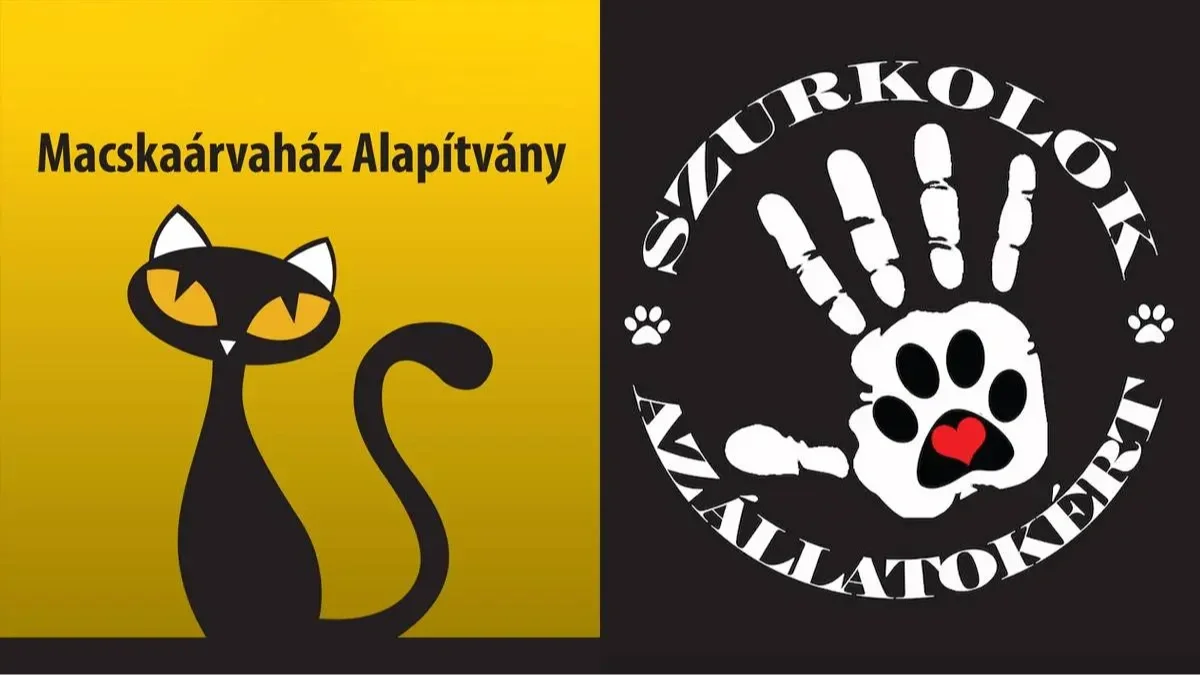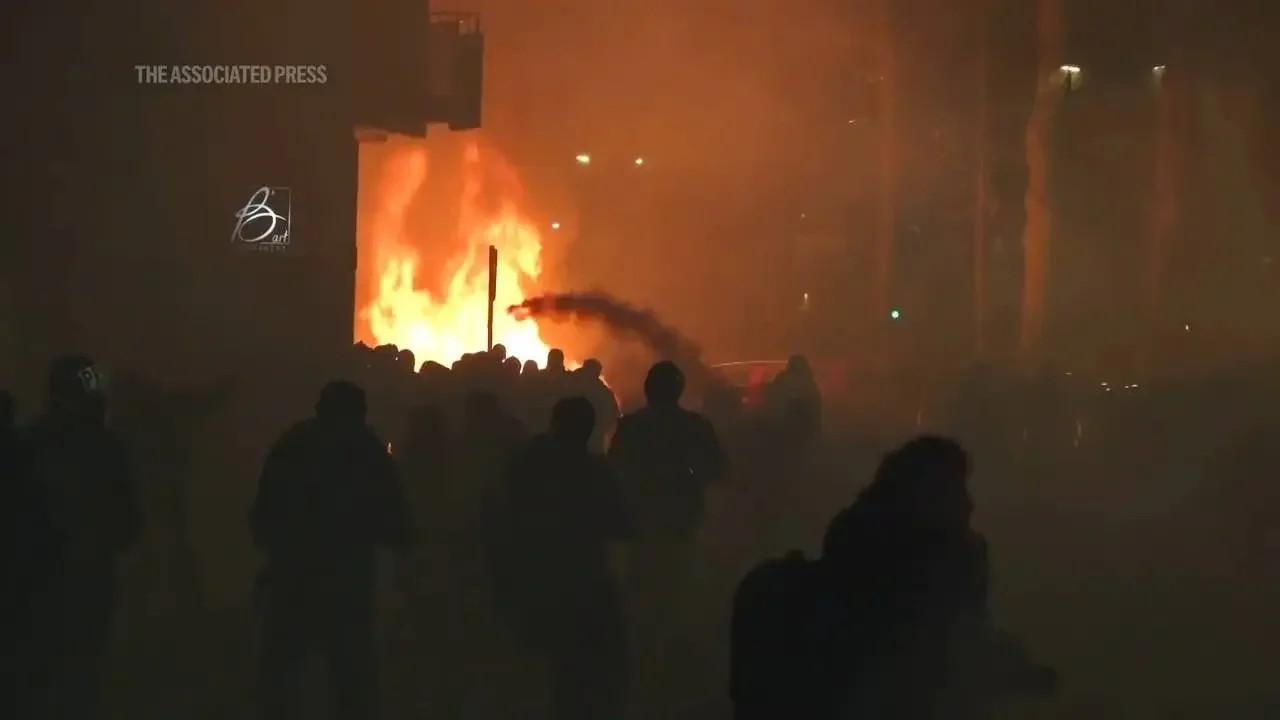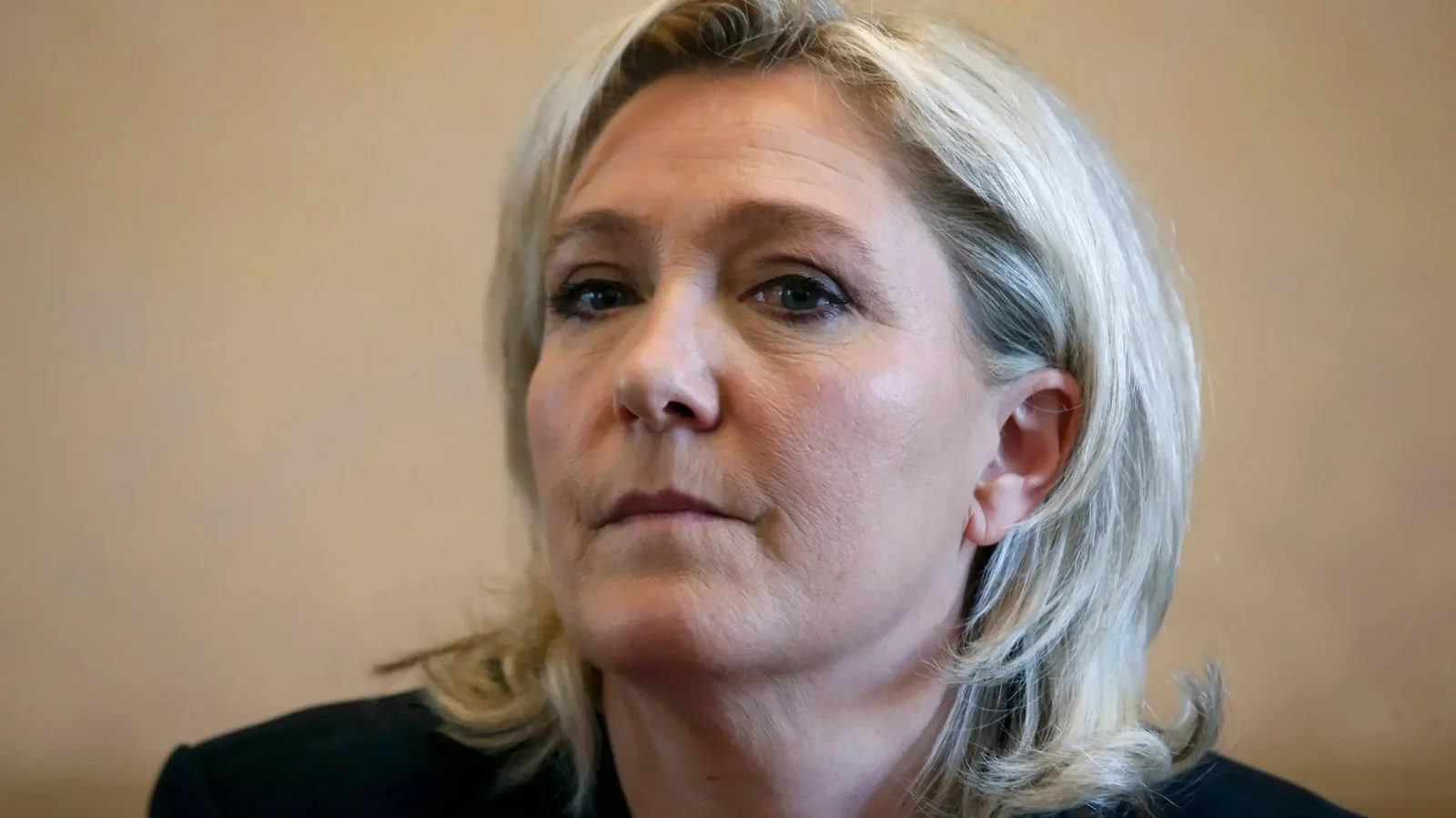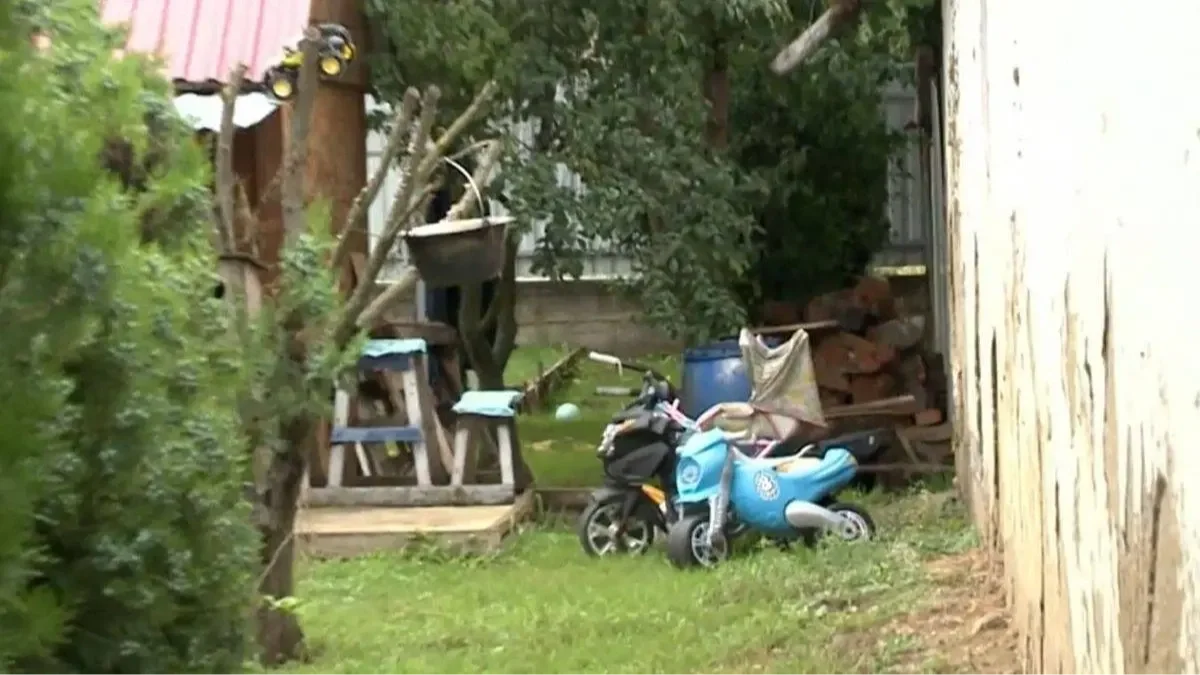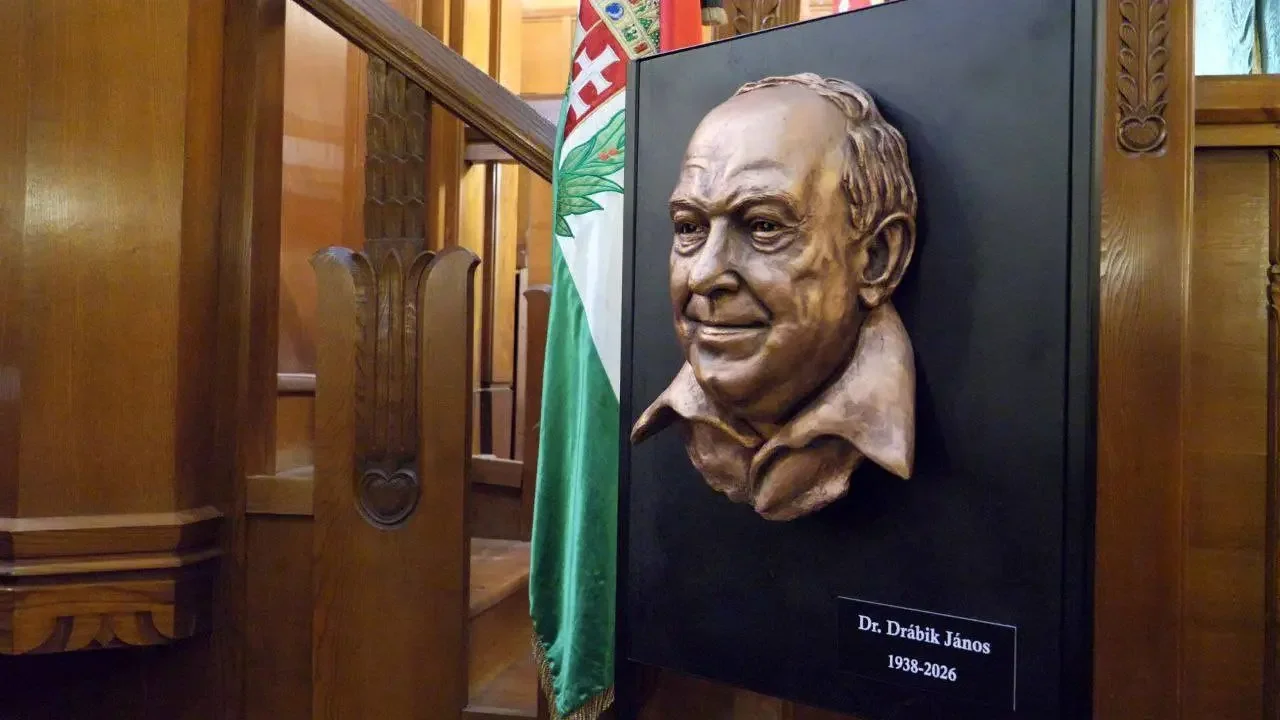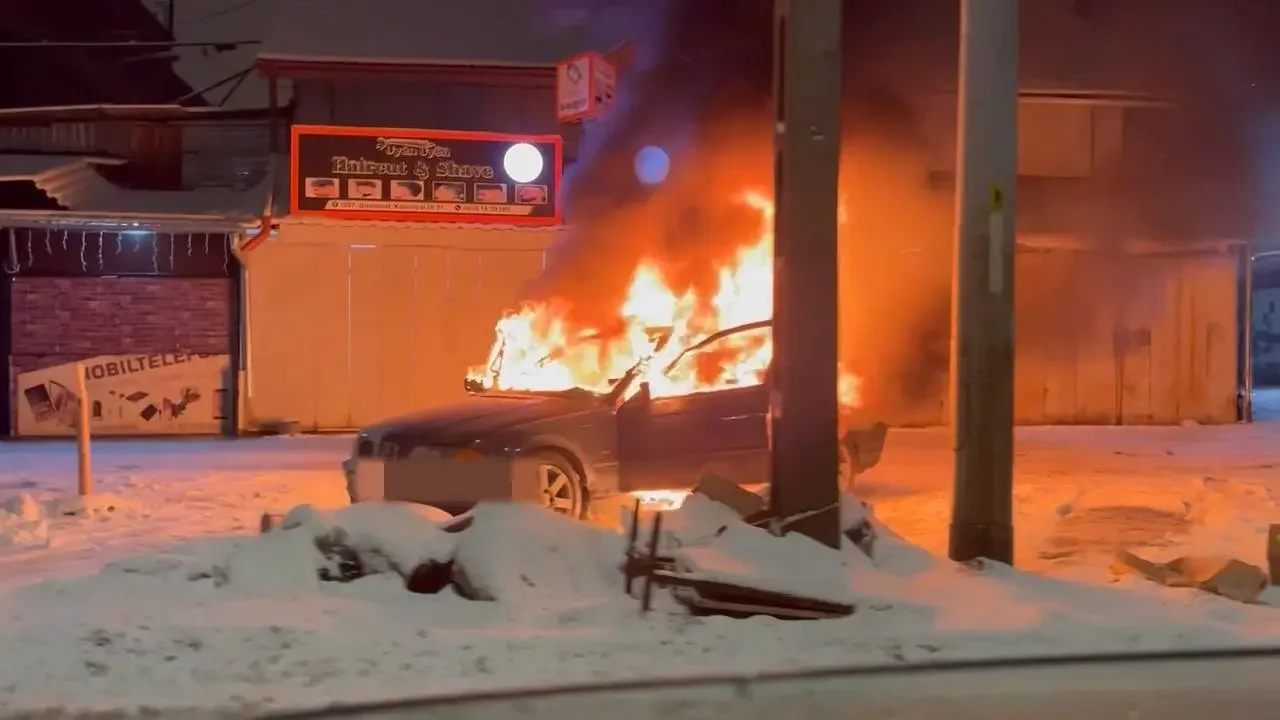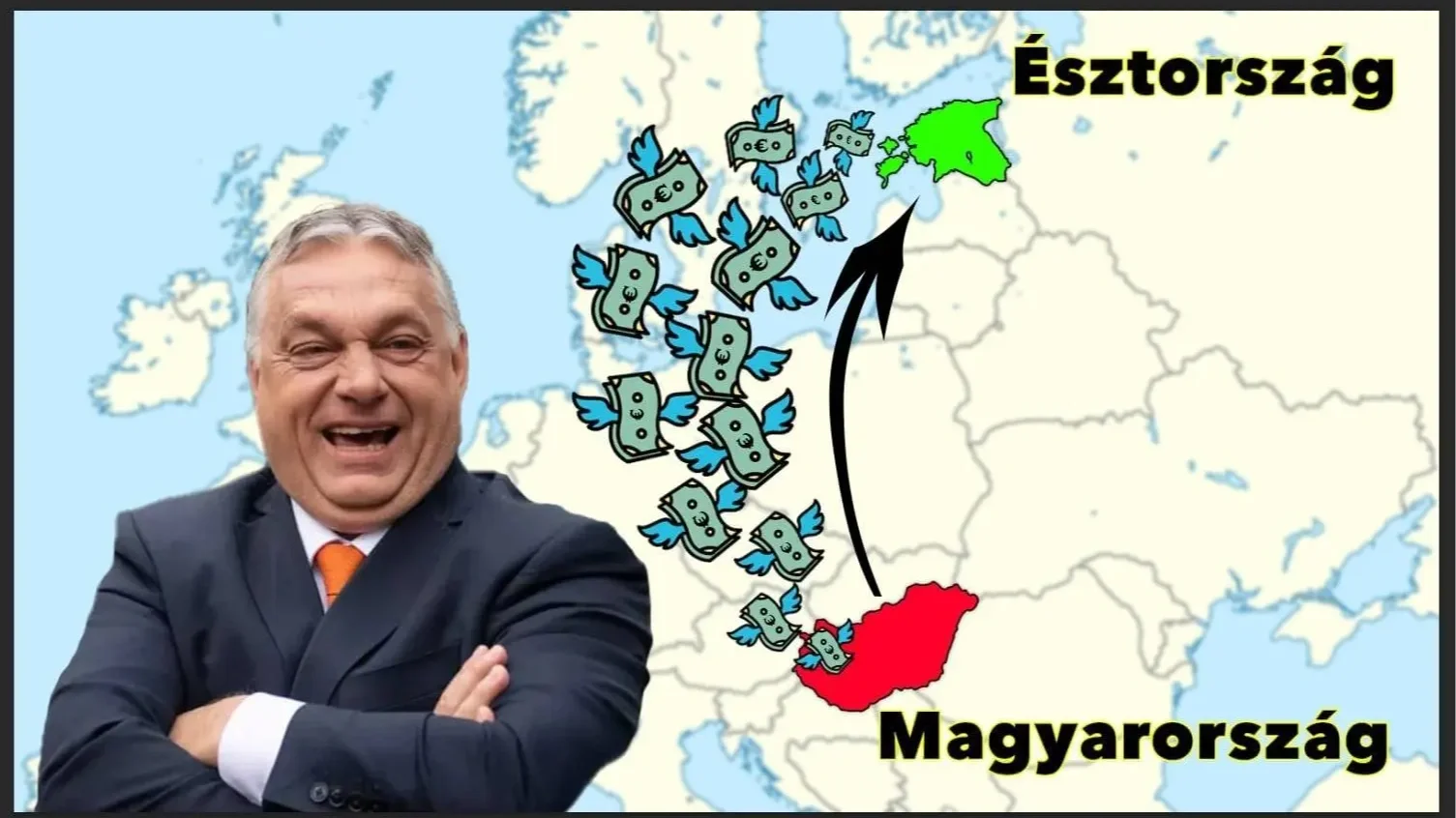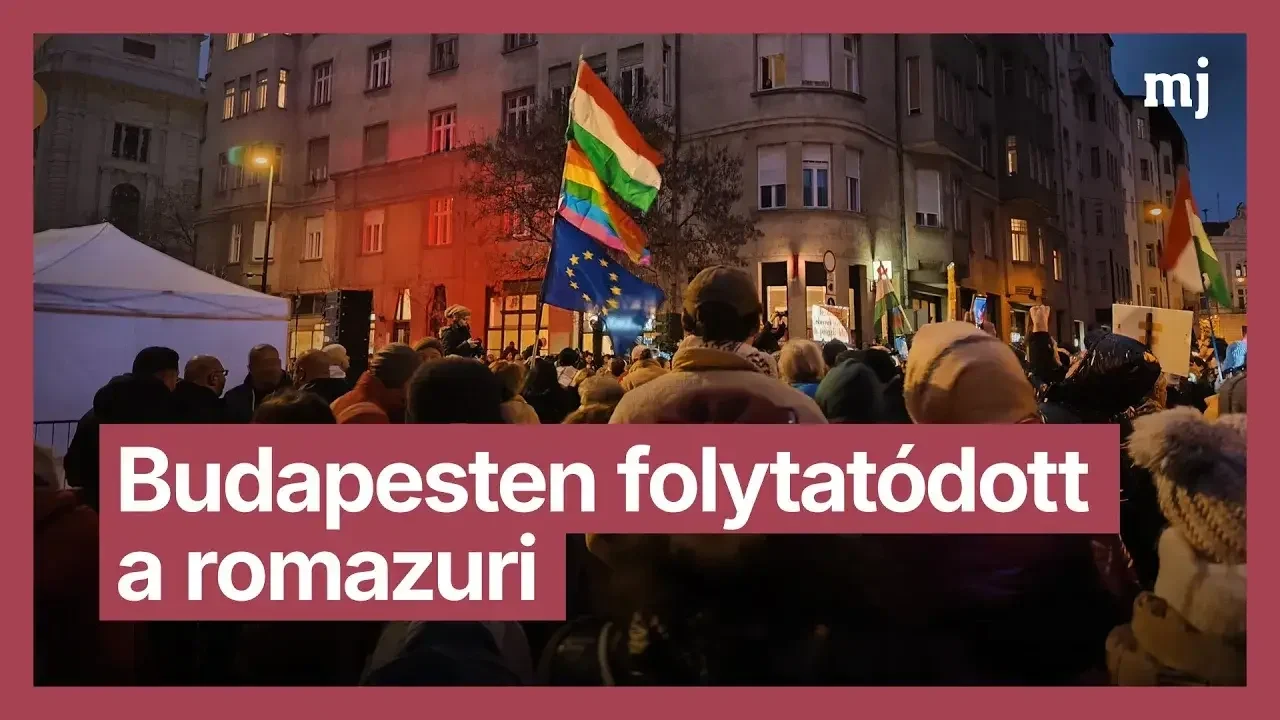Government Cuts Funding to Hungary's Leading 1956 Organization Over Opposition Ties
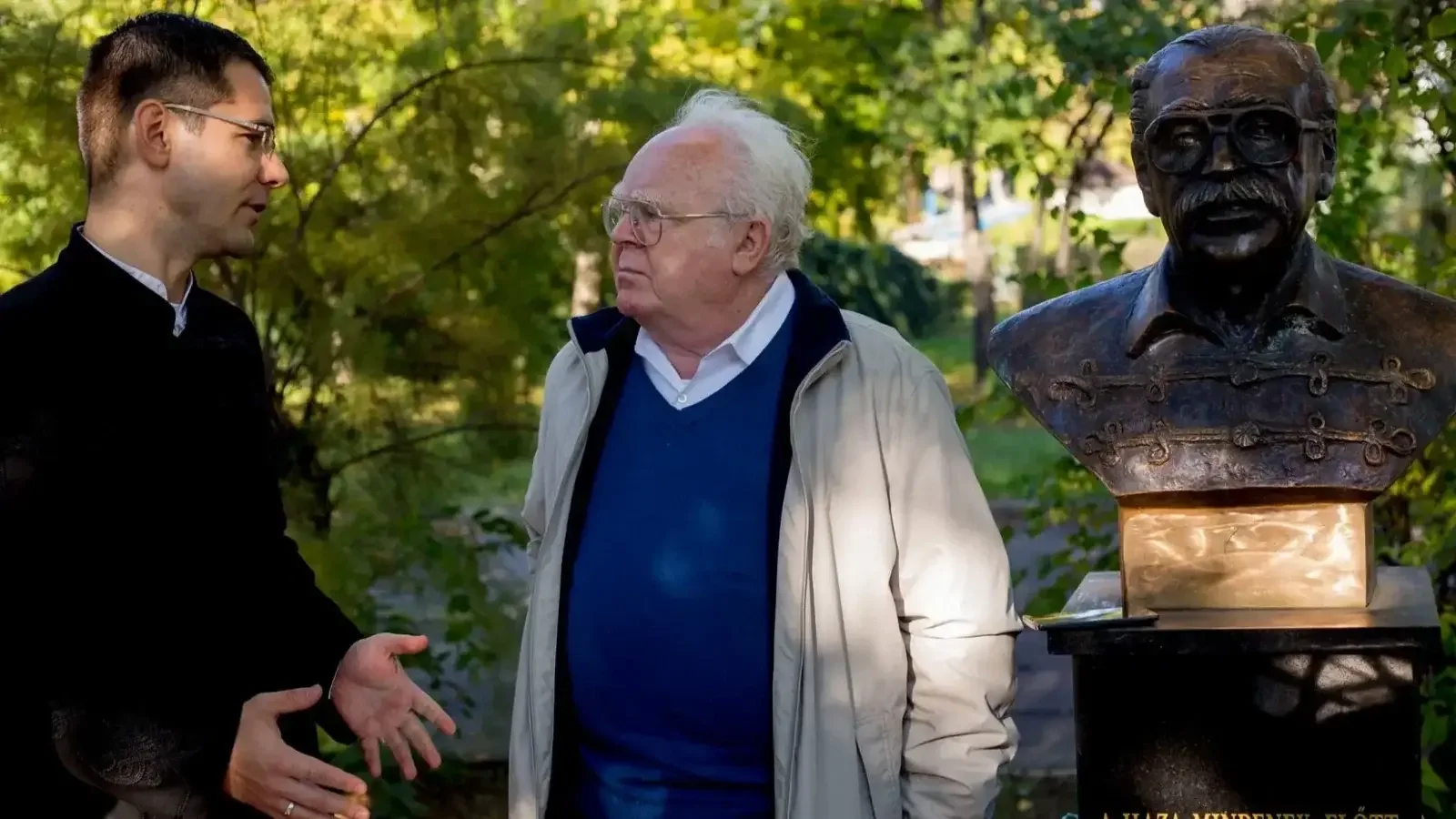
András Pongrátz is the last of six brothers who fought Soviet tanks in Budapest's Corvin Passage during the 1956 Revolution. At 88, he's witnessed his country transform from a communist dictatorship to democracy—and now to something else entirely. Today, the government seeks to silence the very organization that bears his family's legacy.
This spring, the World Federation of Hungarians of 1956 learned that its annual state funding had been slashed from 4 million forints to 1.5 million (roughly $4,100). The message was clear: sever ties with Mi Hazánk Mozgalom (Our Homeland Movement), or lose what little remains.
Officials point to speeches at memorial events where federation leaders dared speak an uncomfortable truth: Hungary's post-communist transition left too many crimes unaddressed and too many collaborators unpunished. For a government that prefers its 1956 heroes to be compliant and grateful, this was a step too far.
The Pongrátz name carries significant weight in Hungary. András helped topple Stalin's statue with a blowtorch. His brother, Gergely, founded the federation and became a household name, revered within the Hungarian refugee diaspora in the West and, later, in Hungary during the democratic transition of the late 1980s. These weren’t armchair revolutionaries. They bled for Hungarian freedom when it truly mattered.
That legacy earned them decades of respect. The federation became Hungary's most prominent 1956 organization under Mária Wittner, herself a Revolution veteran who spent years in communist prisons. When János Varga took over leadership, he preserved the organization's independence until his passing. At his funeral this year, Our Homeland leader Előd Novák delivered the eulogy.
The government's patience wore thin when Varga's federation allied with 23 organizations to defend the Turul monument in the XII. district of Budapest, an ancient Hungarian symbol of national unity that had been relentlessly vilified by extremist left-liberal activists calling for its demolition. The October 2023 demonstration organized by Our Homeland to defend the monument drew thousands of supporters. Months later, party youth leader Dániel Dér spoke at a federation commemoration in Kiskunmajsa.
Dénes Gordos inherited this brewing conflict when he became federation president. His credentials are unimpeachable: as a child, he was deported to the Hortobágy plains when communist authorities seized his family’s property. His father, a retired gendarme, never recovered from the ordeal. Gordos later worked alongside Gergely Pongrátz during the 1990s transition years and pioneered religious education as a school principal.
At the 20th anniversary of Pongrátz's death, Gordos made his position clear: he praised Mi Hazánk's commitment to preserving the memory of 1956. Within months, Foundation for Freedom Fighters chairman Dr. László Géza Sömjéni summoned him to their headquarters.
The foundation is an umbrella organization that distributes government grants to various 1956 organizations. In practice, it serves as a political enforcement arm. Sömjéni, operating under Deputy Prime Minister Zsolt Semjén's oversight, labeled Mi Hazánk as extremist and fascist, even criticizing the late Gergely Pongrátz for opposing Prime Minister Péter Boross in the 1990s.
The numbers reveal the foundation's priorities. From an annual budget of 235 million forints, officials allocate 38 million to their own salaries, while begrudgingly awarding 1.5 million to Hungary's most distinguished 1956 organization. They've reduced the federation's office to a cramped, 16-square-meter room, unsuitable for meetings.
During a session of the Magyar Politikai Foglyok Országos Szövetsége (National Association of Hungarian Political Prisoners – POFOSZ), Sömjéni violated his own organization's rules, which require open meetings, by expelling Gordos from the room.
The message resonates beyond this single organization. Memory, like everything else in Viktor Orbán's Hungary, must serve the state's current needs. The men who faced Soviet tanks in 1956 are welcome to be honored—provided they remain silent about unfinished business and open wounds.
András Pongrátz has outlived his five brothers, the communist regime, and three decades of democracy. At 88, he’s now witnessing his government turn against the very organization his family created.
Supporters can contribute directly: 11705008–20148821 (World Federation of Hungarians of 1956).
The 1956 Hungarian Revolution was a nationwide uprising against Soviet occupation that began on October 23, 1956. Though crushed by Soviet tanks within weeks, it became a defining symbol of resistance to foreign domination. The Corvin Passage, where the Pongrátz brothers fought, remains one of Budapest's most hallowed revolutionary sites.
Sources:
- Magyar Jelen, "Fideszes bosszú: lenullázzák a legnagyobb '56-os szervezet állami támogatását a Mi Hazánkkal való együttműködés miatt" (Fidesz revenge: they're zeroing out the largest '56 organization's state support due to cooperation with Our Homeland), August 8, 2025
- 1956-os Magyarok Világszövetsége (World Federation of Hungarians of 1956) official website
- Szabadságharcosokért Közalapítvány (Foundation for Freedom Fighters) public records
Mi a munkánkkal háláljuk meg a megtisztelő figyelmüket és támogatásukat. A Magyarjelen.hu (Magyar Jelen) sem a kormánytól, sem a balliberális, nyíltan globalista ellenzéktől nem függ, ezért mindkét oldalról őszintén tud írni, hírt közölni, oknyomozni, igazságot feltárni.
Támogatás
